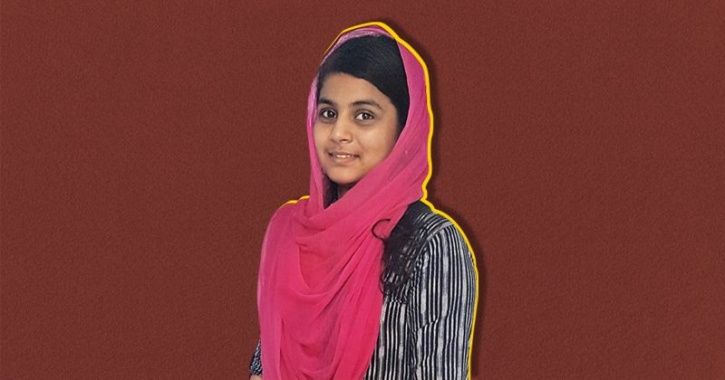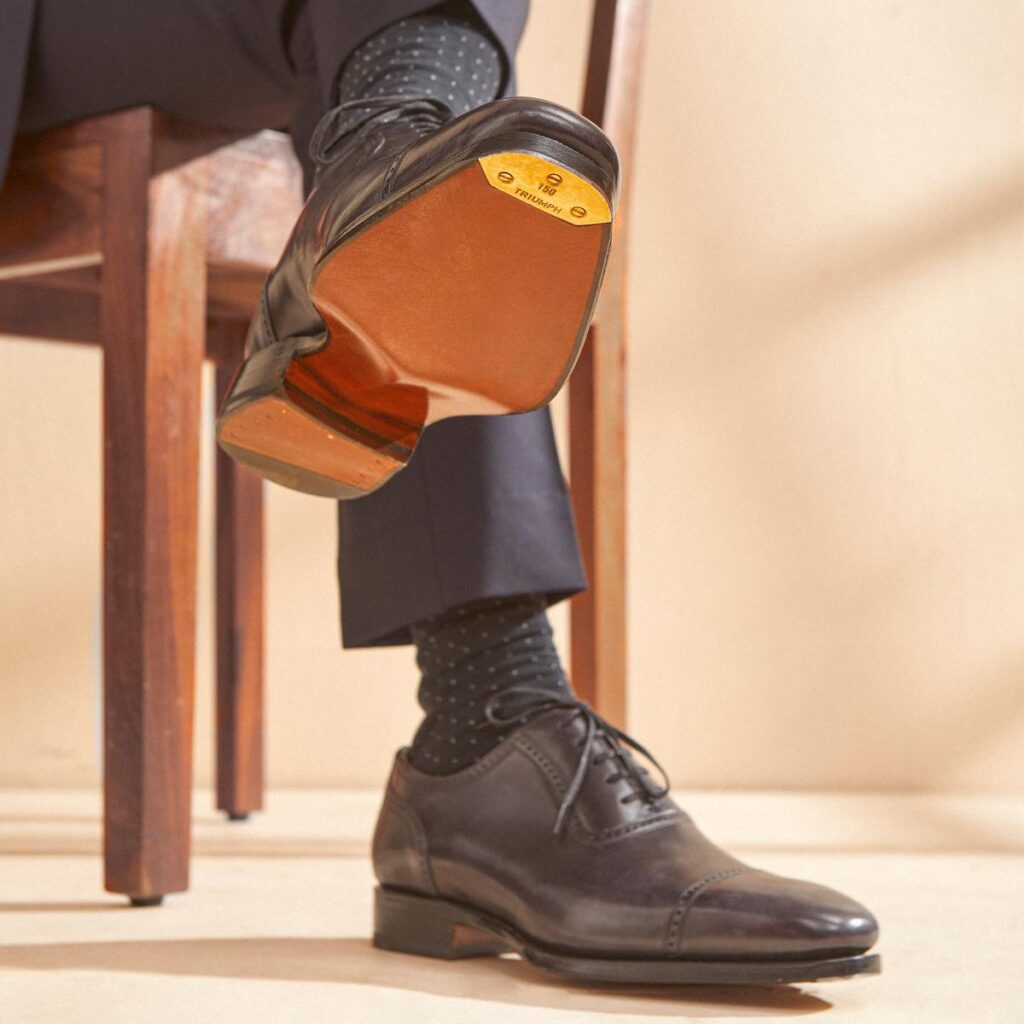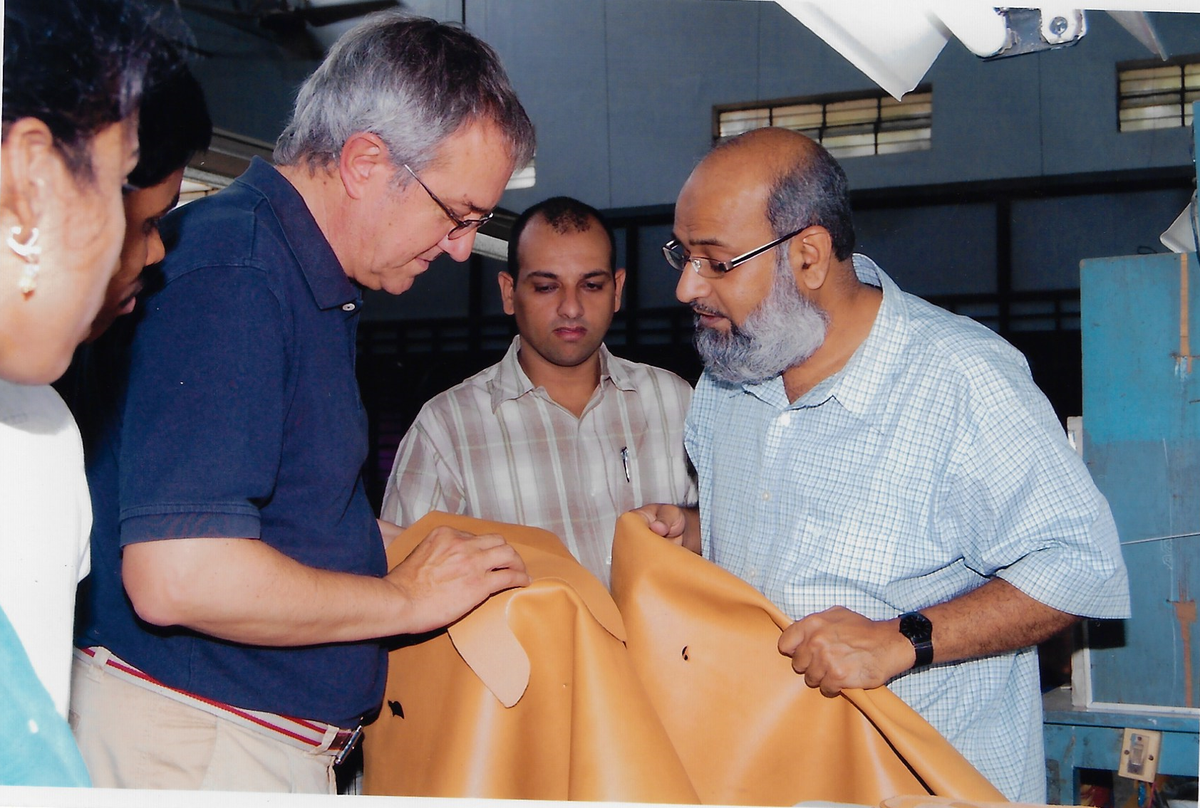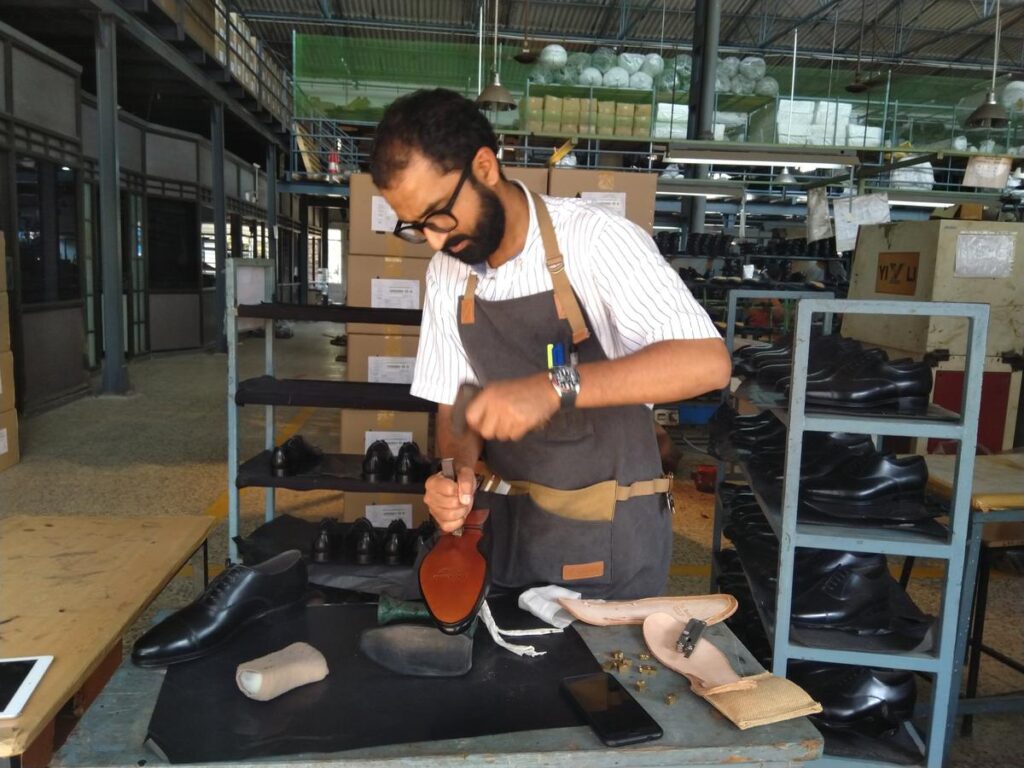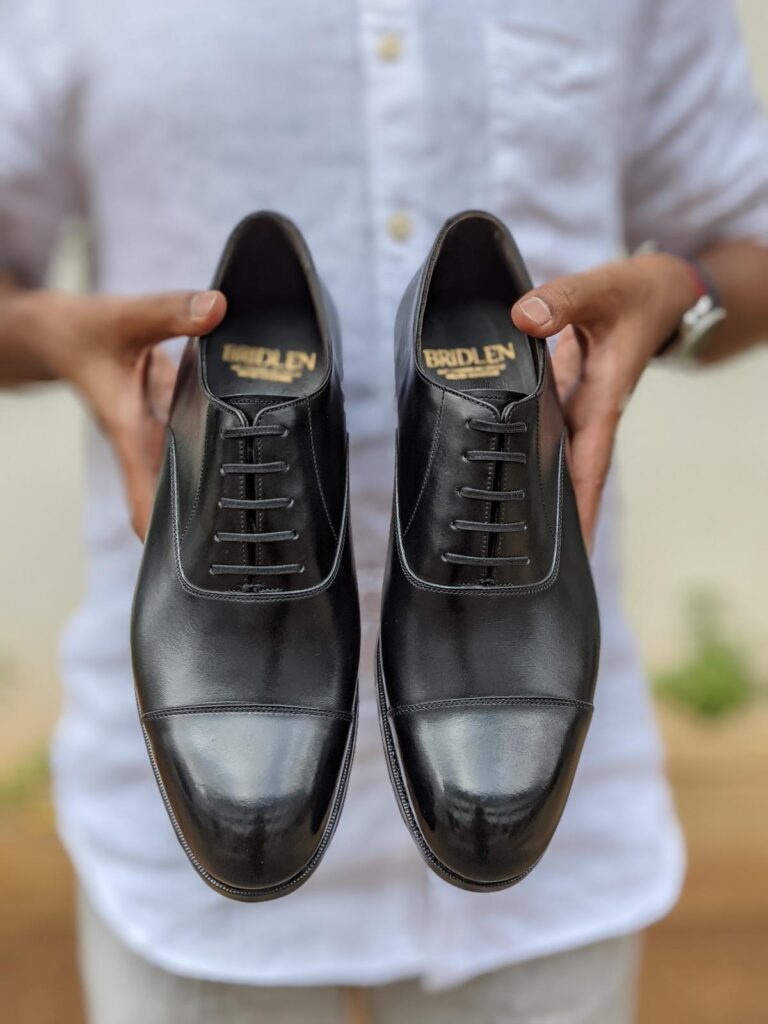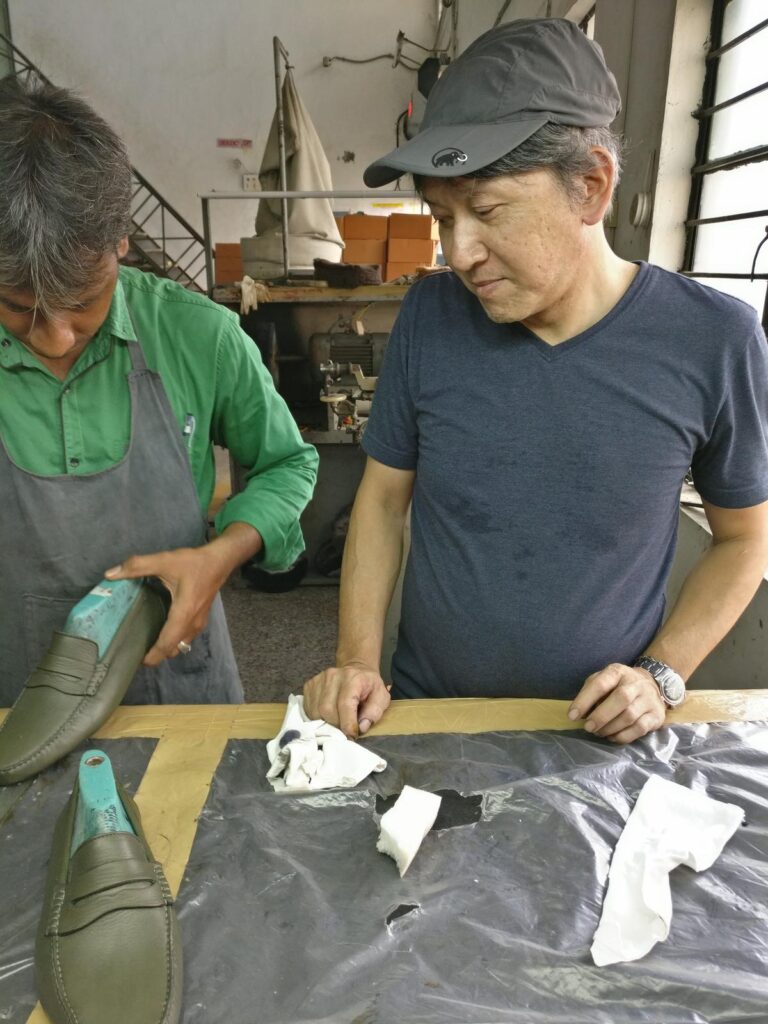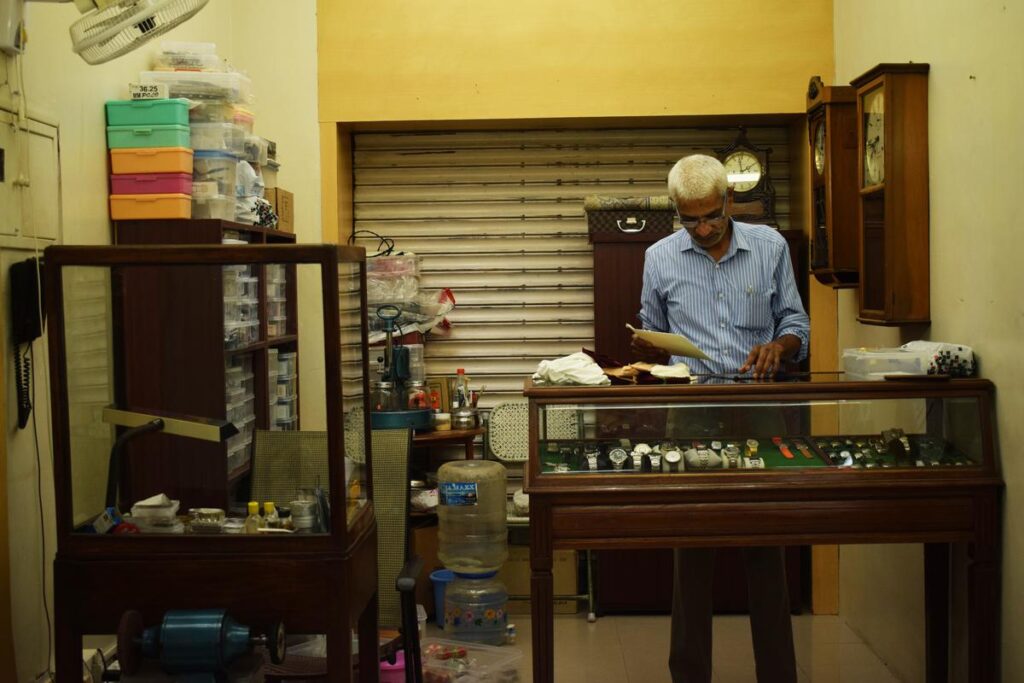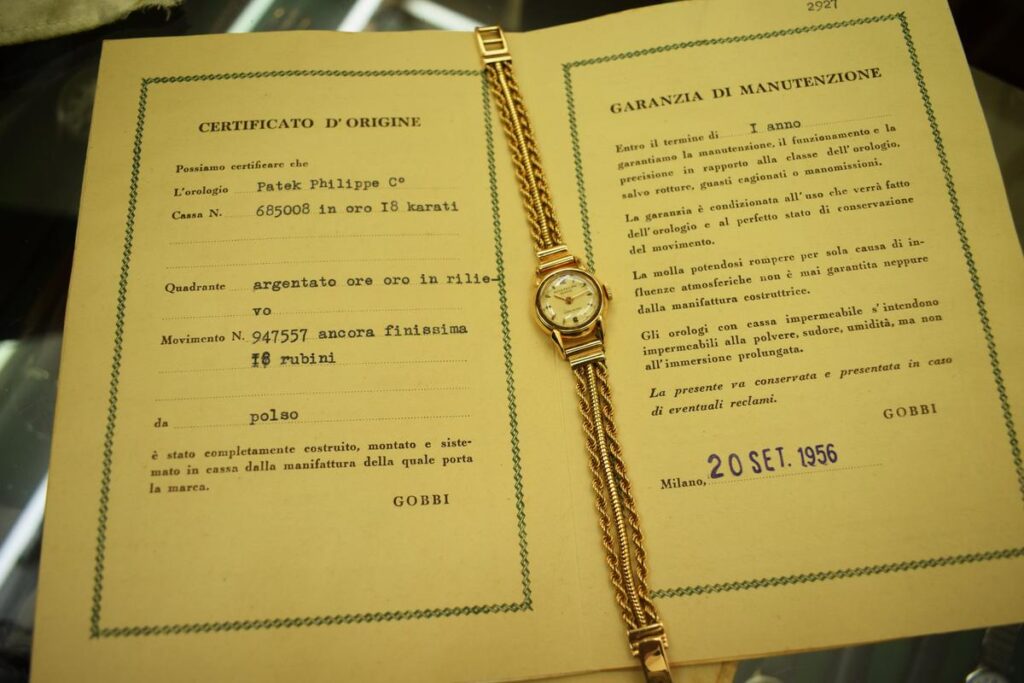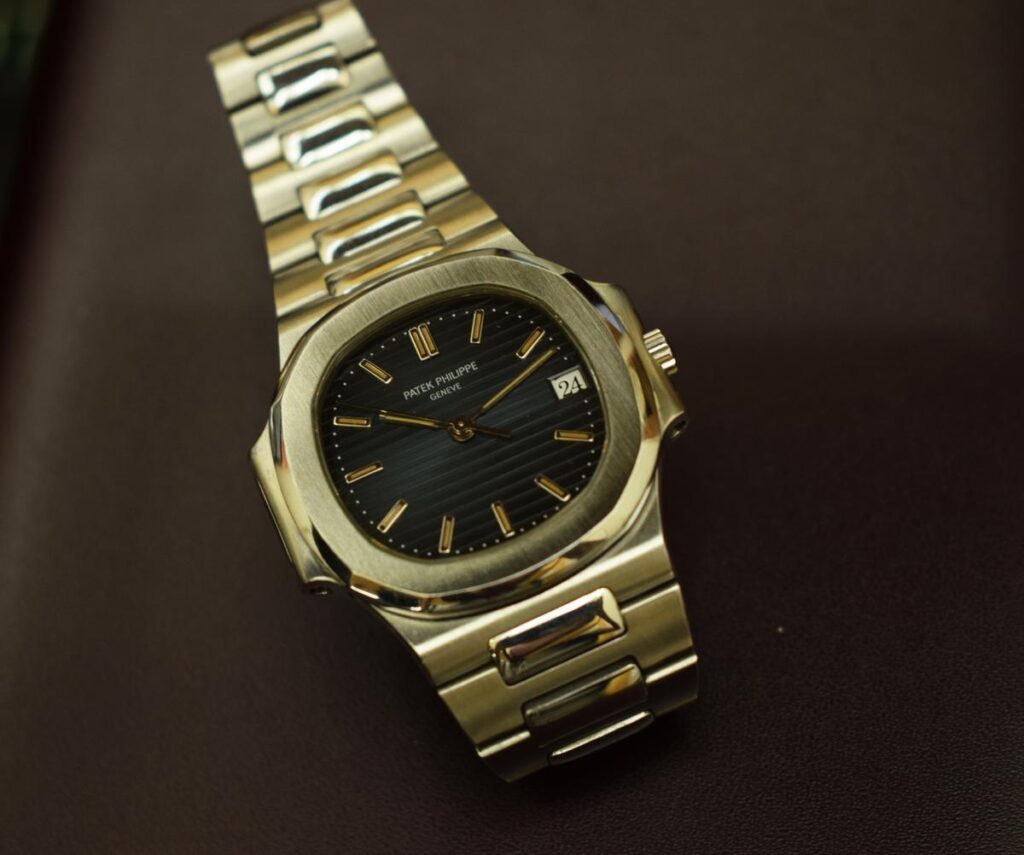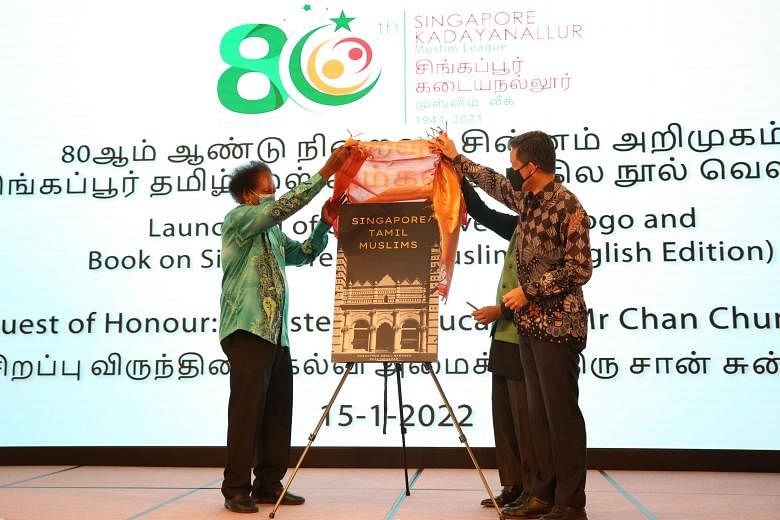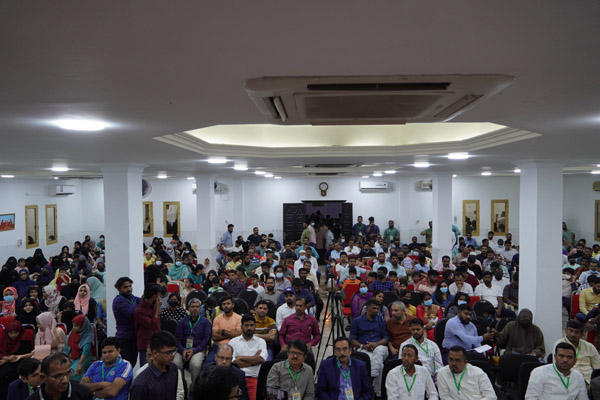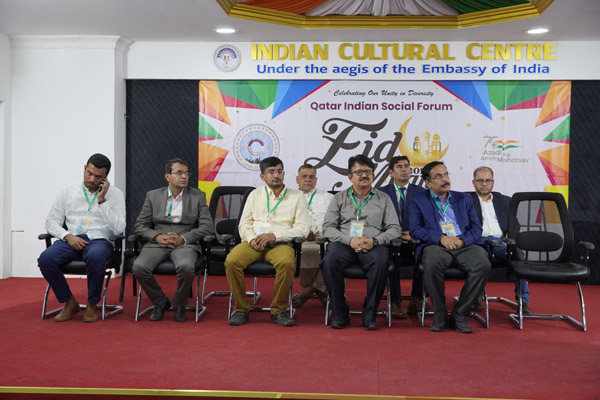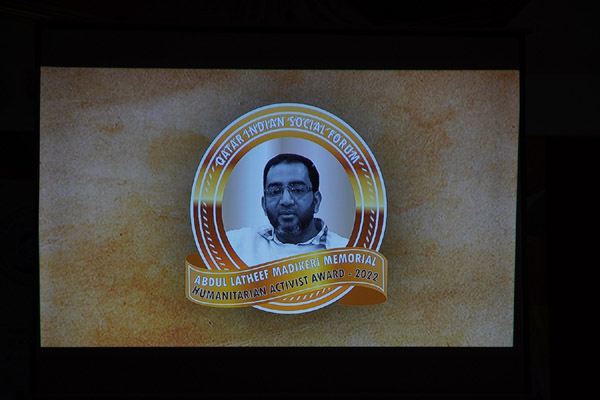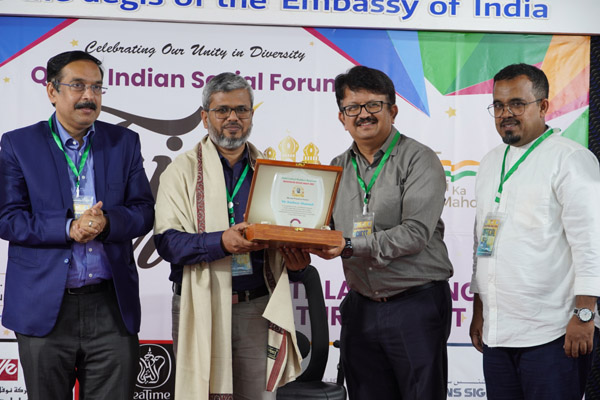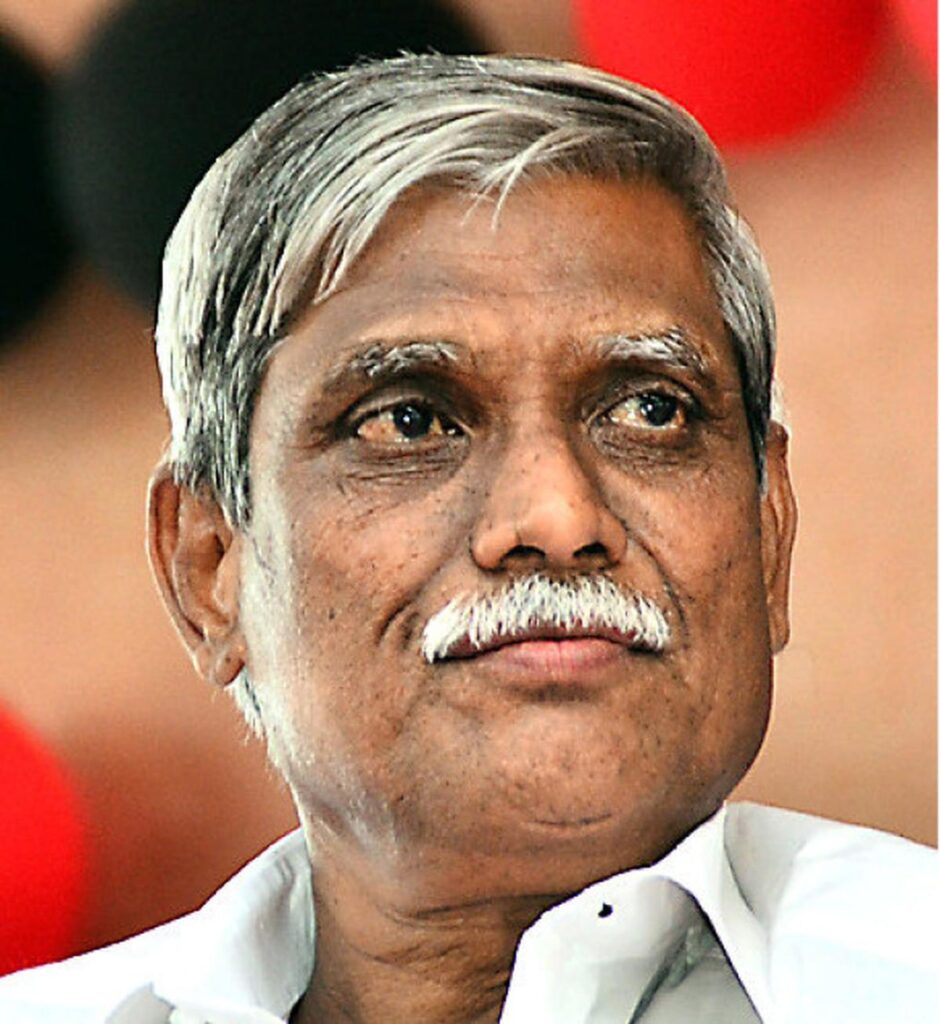Chennai, TAMILNADU:
Wanaromah Essential and Perfumes at RK Salai in Chennai has been producing customised perfumes since 1933.
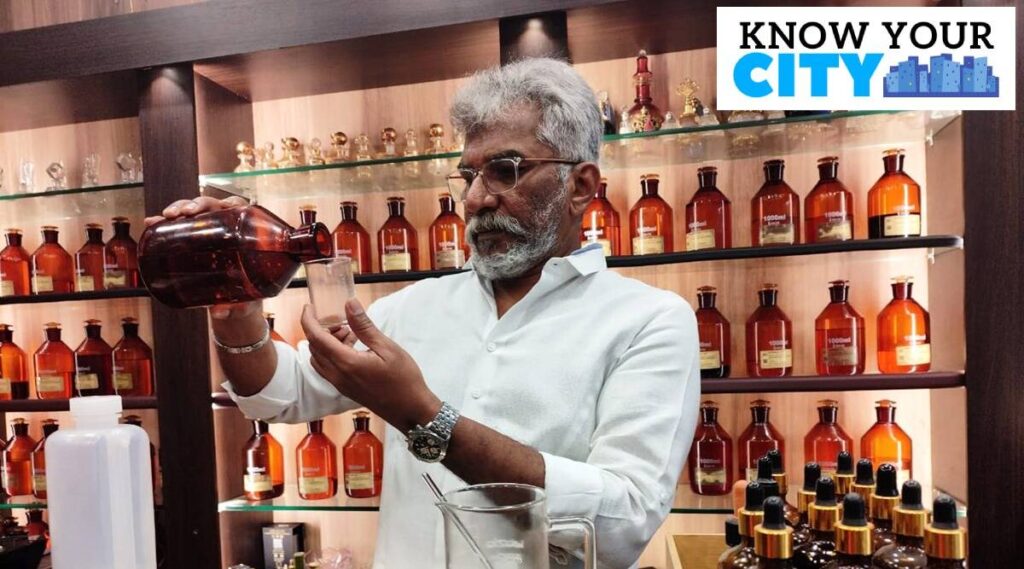
“You can figure out people with the kind of perfume they use,” says Mohamed Sadik, 56, the proprietor of Wanaromah Essential and Perfumes at RK Salai in Chennai, which has been producing customised perfumes since 1933.
“My father Mohamed Hanifa started Wanaromah when he was 18. He was a widely-travelled man interested in aromatic perfumes and so he started this brand. He aimed to make a product here and sell them overseas. He made his first product in his village at Vadakarai, in Thanjavur district. We are a family of five, I am the youngest of five brothers. After completing my graduation, I took over the business here. My brothers are taking care of it overseas. I am the second generation in my family to take care of the business and now my son is also involved and I am helping him in every possible way,” Mohamed says.
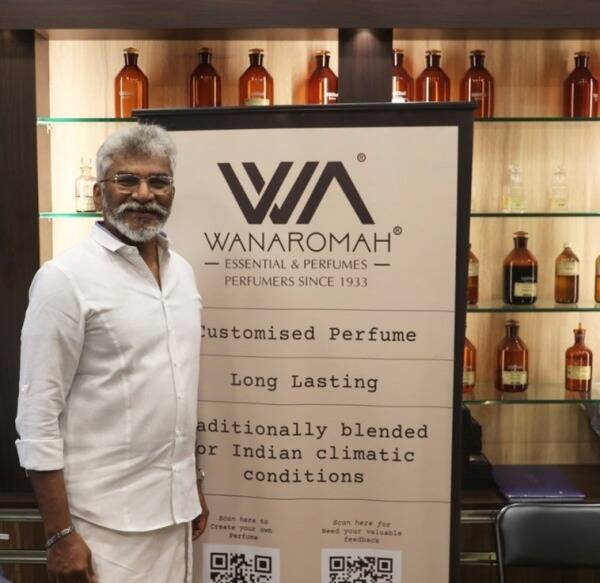
Just like there is a difference between wearing a readymade shirt and wearing one stitched by a tailor as per your desire, there is a difference between standard and customised perfumes, according to him. (Express)
Mohamed says people usually associate perfumes with foreign brands and even in the local market, they try to buy those. He terms it as an “infatuation” towards foreign products.
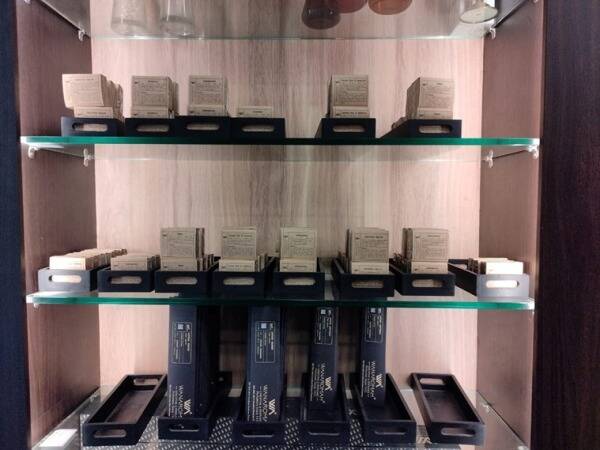
“We can make a better product than any foreign brand. In perfumes, there are two types, one is natural and the other is synthetic. The former has got its natural odour, we cannot bring a fancy fragrance on that. Earlier, when we started here, we were making perfumes for other industries and later we set up our shop here. We started creating fragrances and we work for other companies as well.
Wanaromah’s speciality is that it is tailor-made for each individual. Perfume plays a major role based on your region, and what kind of work you do among other factors. Whenever customers visit our shop, we ask them a few questions and suggest them a perfume as per their lifestyle,” says Mohamed.
“Whatever you eat, you get that in your body odour. Suppose you work outdoors, naturally, you are going to be in a polluted atmosphere and your body odour would not be pleasant so we blend a perfume that would last longer and provide a sense of calmness amid your hectic schedule,” he says.
Mohamed says all the perfumes they blend are to be used on apparels and not directly on the skin. “If you are in a cold region, the perfume lasts longer and in hot places like Chennai, the perfume has to be a bit stronger. So if someone buys something overseas and uses it here, they are not going to get the proper result because the climatic conditions differ.”
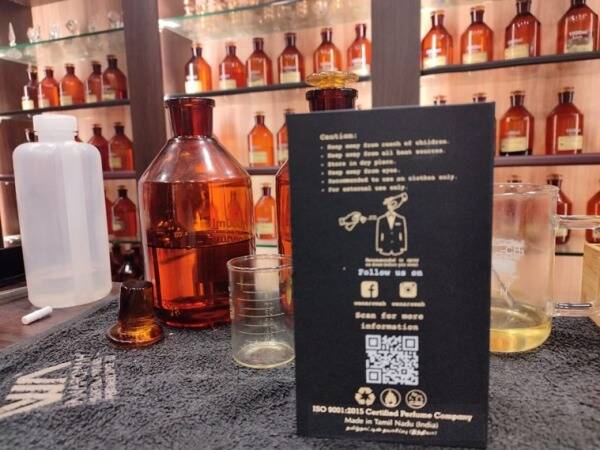
The proprietor notes that perfumes are made up of more than 25 fragrance families. After analysing various factors of several regions, they decided to blend their perfumes with five fragrance families.
These are ‘oriental/woody’, which is a blend of wood, amber, tobacco and animalic, and is widely used in India as well as West Asian countries. The ‘fresh/aqua’ fragrance has clean bright scents with citric and aquatic notes while ‘floral’ is for spring and evenings. Then there is ‘sweet/fruit’ which is a blend of wild berries and exotic fruit fragrances. Wanaromah’s ‘spicy’ fragrance is made up of pepper, fresh ginger and cinnamon.
“Each fragrance has got its properties. If you are a sports personality, you can use a citrus note, you can use them when you are on a holiday as well. If you are going for a function, you can use oriental notes. Floral and sweet notes are preferred by women,” he says.
Mohamed adds preferences differ by gender and age. “Teenagers prefer berry notes…. If you are in an office, your perfume should be subtle and nice, so we blend it accordingly… For festivals we should be using a different note,” he says.Don’t miss
Mohamed notes that perfume is not just another ordinary product but it is linked intrinsically to our life. “You can think of your loved ones even in their absence by using a perfume which they had used or a perfume which you used that was liked by them. Perfume plays a major role in our life,” he says.
Mentioning an incident that happened while he was travelling abroad, Mohammad says in an area where a thick labour population was located, he noticed the smell of a jasmine fragrant perfume. While he enquired, the labourers told him that these were perfumes used by their wives and since they would be able to go back to their hometowns only after the end of their contract period and they used that fragrance to remember their wives.
Mohamed, curiosly, mentions that several people approach him to suggest a perfume that would attract the opposite gender.
“Perfume plays a major role in intimacy. It is like a time machine which helps you to remember beautiful moments that happened in your life. I had several requests from customers to blend a perfume similar to the one their father or mother had used so that they can feel them in their home even in their absence,” he adds.
Mohamed says people ask their friends and family abroad to bring two things compulsorily; one is chocolate and the other is perfume. Wanaromah is proud that it is making people take their favourite perfume abroad.
“A product made in India, in Tamil Nadu, is going global and I can’t be more proud than that. ‘Made in Tamil Nadu for the world’ was my father’s motto and we are going to realise it,” he says.
Mohamed also stresses the importance of using more Indian products that will boost the economy. He claims people nowadays are attracted more towards foreign brands without realising that Indians were the pioneers in producing aromatic fragrances. He says their attempt to spread more awareness about local products is an act of reviving history.
At Wanaromah, the price of the perfumes ranges from Rs 2,000 for 130 millilitres up to lakhs of rupees. When asked if they have come across requests to lower their price, Mohamed says there is no space for bargaining in their store as it spoils the time of both parties. Also, he doesn’t believe in franchising his business.
“Quality is everything to me. The business is very personally involved with the family members, and hence even in our stores in Indonesia and Singapore, my cousins are taking care of them. Secondly, we can make a perfume with all these ingredients and sell them at a cheaper price but we know when we make that we are cheating our customers, and I will never do that.
We handpick the best quality raw materials and prepare the pure blend. We don’t degrade our concentration level. When the customers use them and tell us that they have never experienced this kind of a product, it sort of gives us satisfaction which cannot be achieved by anything. So I tell my customers that I offer you the best service and the product price range will be accordingly,” he says.
Apart from perfumes, Wanaromah also sells incense sticks and handmade body bars.
Mohamed says he is thinking about expanding the business further but it would take some time.
source: http://www.indianexpress.com / The Indian Express / Home> Cities> Chennai> Know Your City / by Janardhan Koushik / Chennai – November 19th, 2022
.webp)
